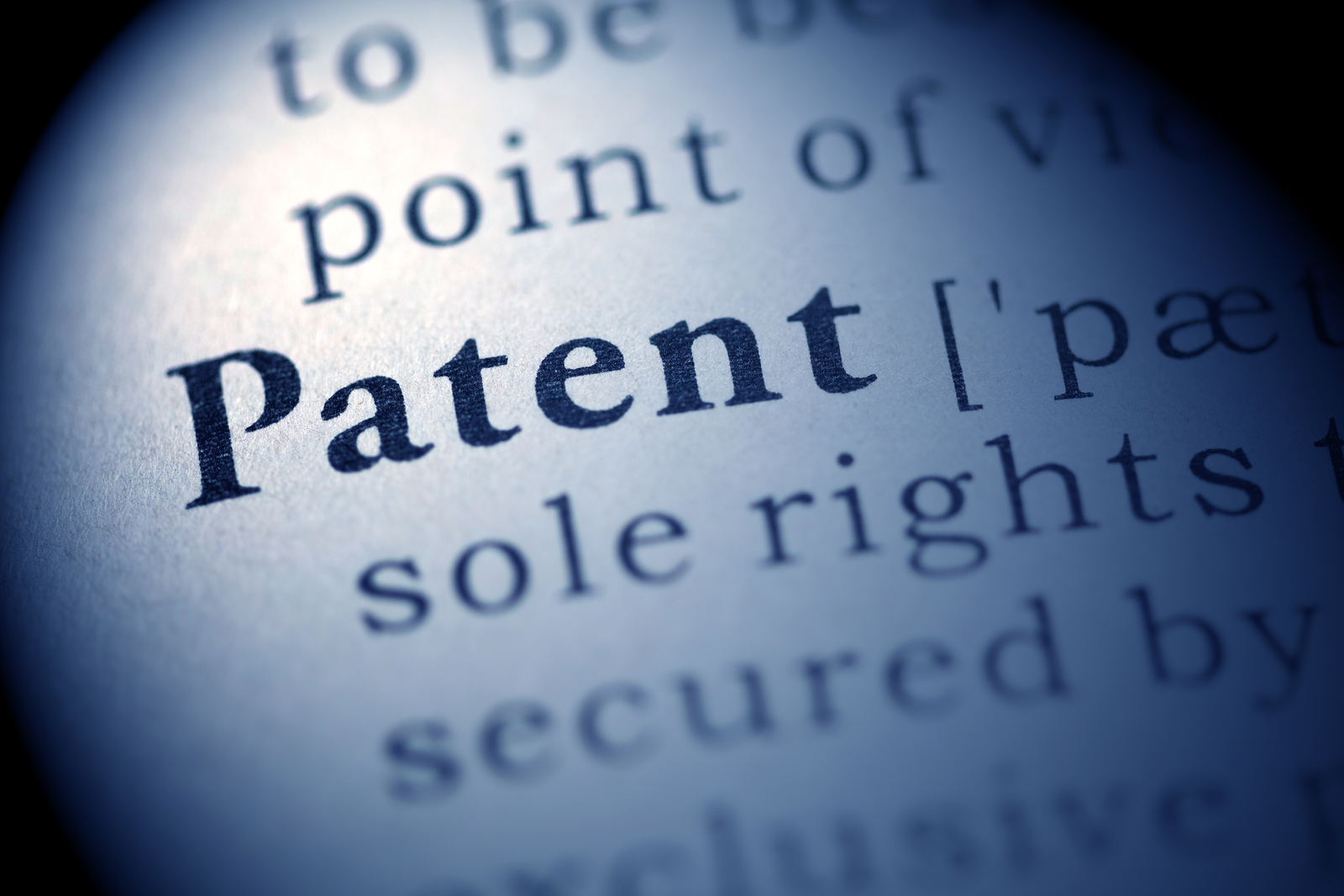The long wait is over for followers of intellectual property law: the U.S. Patent and Trademark Office has determined that both patents at the heart of VLSI Technology’s litigation against Intel Corp. are invalid, wiping out the patents along with two massive damages awards.
The USPTO eventually got this one right, but only after refusing to review the patents so VLSI could take its meritless claims to trial, racking up legal fees for both parties and taking valuable time away from court staff and jurors. The USPTO’s long-awaited decision is raising important questions about why it refused to review VLSI’s patents before these pointless trials.
A quick reminder of how we got here.
First, VLSI is a shell company backed by a hedge fund, Fortress Investment Group. In 2019, VLSI acquired a pair of patents from NXP Semiconductors Inc., which acquired the patents from two companies in 2015. After buying the patents, VLSI immediately used them to sue Intel Corp. for patent infringement in the Western District of Texas. In March 2021, juries awarded VLSI a staggering $2.18 billion in damages.
When Intel was sued for infringement in 2019, it petitioned the Patent Trial and Appeal Board (PTAB) to review the validity of both VLSI patents. But those petitions were denied. The denials had nothing to do with the merits of Intel’s petitions; instead, they were denied “discretionarily” thanks to a rule concocted by then-USPTO director Andrei Iancu (now a partner of the law firm representing VLSI).
While Intel’s petitions were pending, Iancu designated as binding precedent a PTAB decision, Apple v. Fintiv, that set forth a multi-factor test for denying petitions — no matter how strong — if parallel litigation was in progress. Although current Director Kathi Vidal has made some adjustments to the discretionary denial test, it remains in effect. The USPTO recently proposed regulations that would codify and, in some respects, expand it.
After the Western District of Texas verdict, Patent Quality Assurance (PQA) and OpenSky Industries came along. The two (admittedly opportunistic) LLCs filed review petitions nearly identical to the previously denied Intel petitions. This time, the PTAB granted them. By then (December 2021 and January 2022), there was no parallel litigation, so the PTAB considered the arguments presented in the petitions, decided at least a reasonable likelihood that the patents’ claims were invalid, and instituted a review.
Amid misconduct claims by PQA and OpenSky, Vidal personally reviewed the PTAB’s decisions. In December 2022, she ruled that, although OpenSky and PQA abused the IPR process, the underlying petitions presented “compelling, meritorious challenges.” She let the proceedings continue with Intel as the lead petitioner.
No one watching this case would condone OpenSky or PQA’s conduct. But their misconduct is irrelevant to the validity of VLSI’s patents, as Vidal wisely recognized. The best way to prevent gamesmanship and abuse is to ensure the strength of a petition’s invalidity arguments and evidence determine whether the PTAB institutes a review — not irrelevant discretionary factors.
Of course, misconduct can and should be addressed separately, as Vidal did. She took the unprecedented step of ordering OpenSky and PQA to explain why they should not have to pay compensatory damages to VLSI, “balancing the interests of patent owners … with the interests of the public in canceling unpatentable patent claims as needed, clearing the path for future innovation, and removing the tax on society caused by the litigation and licensing of clearly invalid patent claims.”
Some claim that allowing the PQA and OpenSky challenges to continue unfairly gives Intel a second bite at the apple. That completely distorts the facts. When Intel’s petitions were denied, it was unfairly deprived of the chance to take a first bite. Intel only got that chance once the PTAB instituted a review. Now that the PTAB has found both VLSI patents invalid, we know those second decisions were correct.
We also know that discretionary denials, supposedly implemented for efficiency’s sake, cause enormous waste. They prolong the life of invalid patents, multiply proceedings, and drain time, money, and resources that could be better spent on practically anything else. VLSI’s case demonstrates that, but so do countless others. For example, in February, the PTAB overturned its discretionary denial of drugmakers AstraZeneca and Daiichi Sankyo’s petition for review of a patent affecting their breast cancer drugs. But that decision came only after patent owner Seagen won a $42 million award at trial. For watchers of this case, the wait has only begun.
So, what’s next? VLSI will almost certainly appeal the PTAB decisions. But, perhaps more important, those decisions expose the damage that discretionary denials do. The PTAB has discretionarily denied hundreds of petitions without considering their merits. These denials could inflict hundreds of millions or billions of dollars in legal fees and damages on innocent parties and incalculable harm to Americans who depend on affected products, like cancer drugs. To prevent rather than cause harm, the PTAB must rule on the merits of all petitions.
But that won’t repair the damage already done. To do that, the PTAB must consider the merits of every petition denied on an irrelevant discretionary basis. That doesn’t mean the PTAB should grant them all, only that it should consider their merits. The PTAB can and should only institute review if a petition shows a “reasonable likelihood” that at least one challenged patent claim is invalid.
The controversy surrounding the OpenSky and PQA challenges is the latest in a long line of collateral damage following the advent of discretionary denials. To make things right, the USPTO must cancel all unpatentable claims that it refused to review for the wrong reasons. Nothing less will, in Vidal’s words, “clear the path for future innovation.”


